Spotlight
A selection of stories from across the Federation
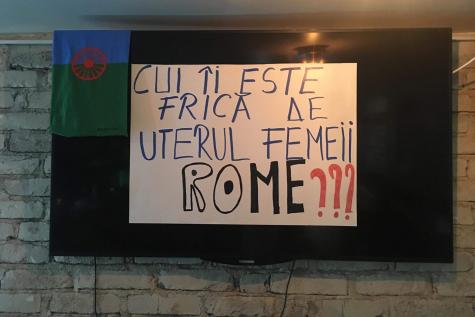
Romania
Roma Women in Romania Face Old and New Threats to Abortion Care Access
Roma women and girls face multiple barriers to abortion care in Romania. Far more needs to be done to protect their rights, says Roxana-Magdalena Oprea of E-Romnja.
Most Popular This Week
Romania
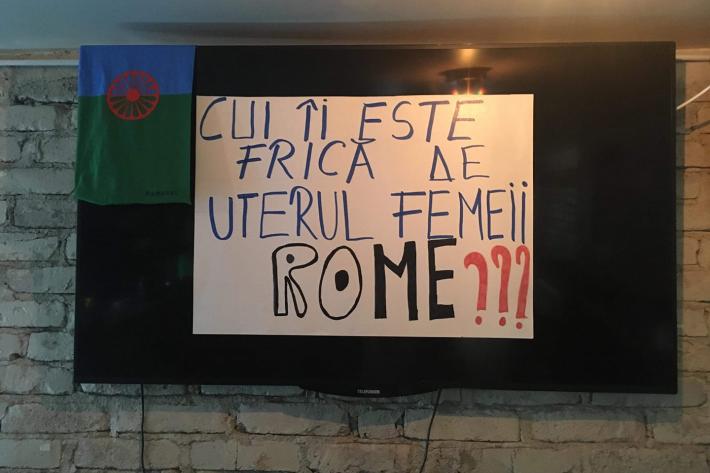
Roma Women in Romania Face Old and New Threats to Abortion Care Access
For Roma women and girls in Romania, the struggle to access abortion care brings them into contact with horrific levels of racism and discrimination, hardw
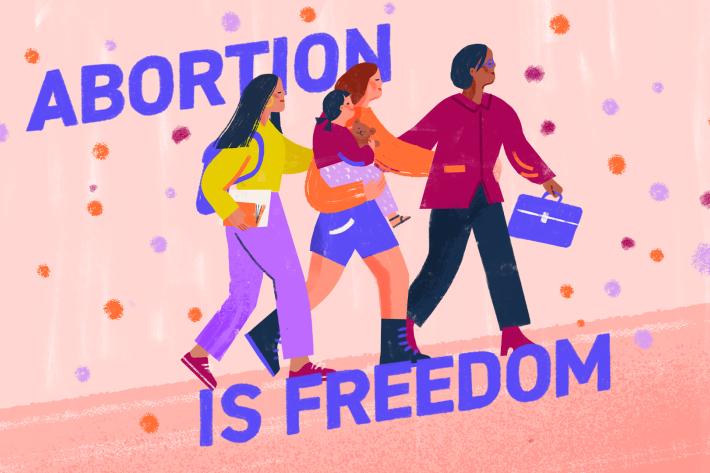
Croatia: Obstacles to abortion care make access virtually non-existent
Hitting the road in the desperate search for abortion care
Romania
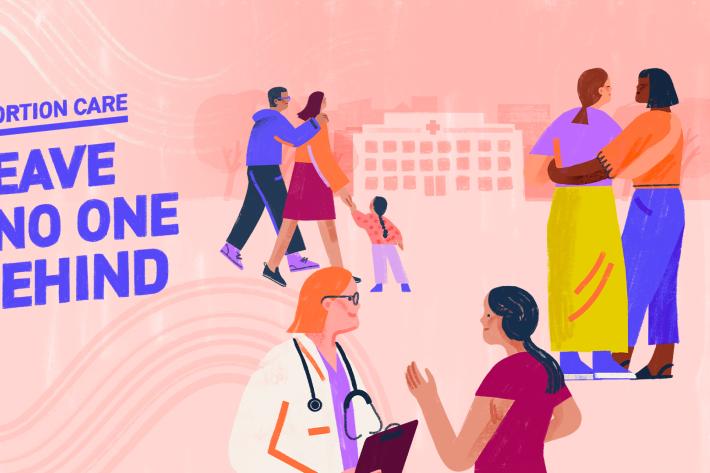
High costs and broken health system freeze many out of abortion care in Romania
On paper, abortion care is legal up to 14 weeks in Romania – though only free in emergencies – and should be provided by all hospitals with obstetrics and gynaecology departments.
Germany
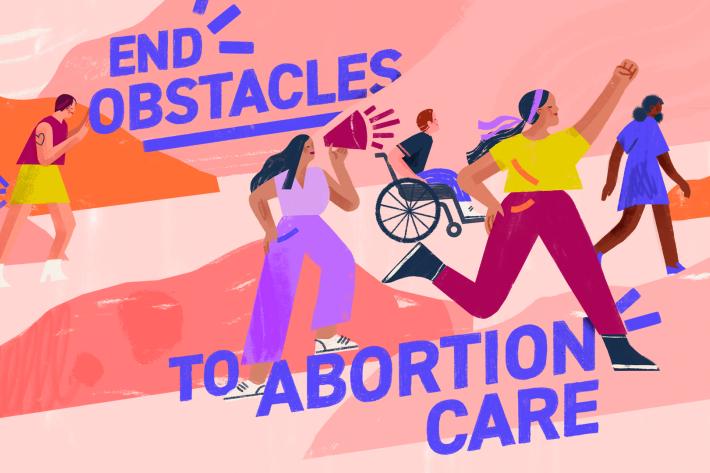
Germany's archaic abortion law creates huge burden for people needing care
For a country long reputed to have one of the more progressive healthcare systems in Europe, Germany’s law on abortion – a health issue affecting millions of people – remains firm
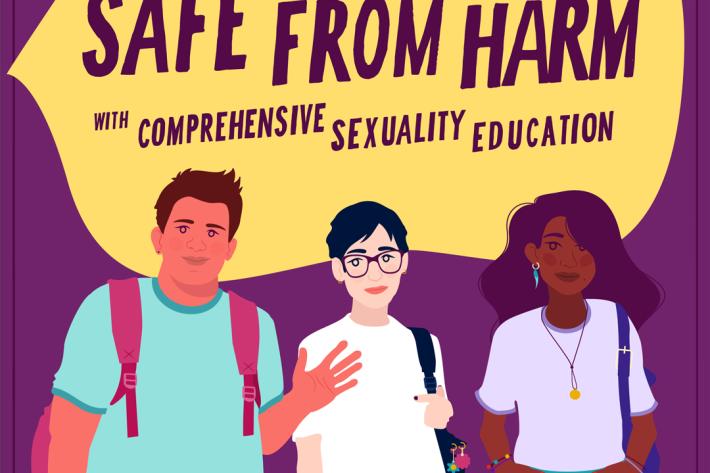
Sexuality education keeps young people safe from harm
Comprehensive sexuality and relationship education is a vital prevention tool in the fight
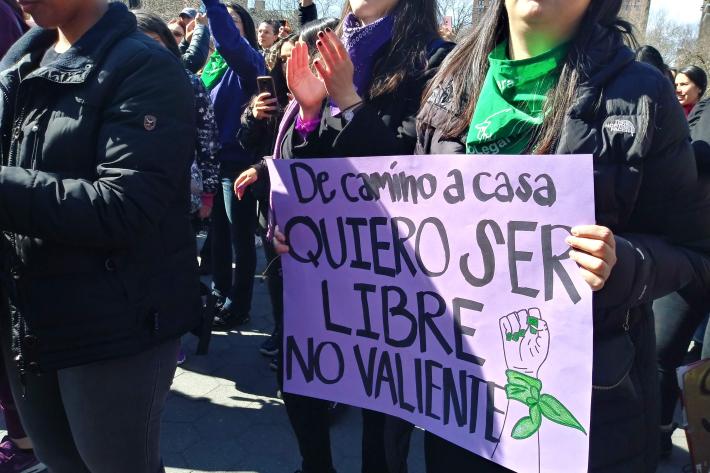
Legislating the path to consent: Spain's Yes Means Yes law
‘Everyone has the right to live without violence. You can have sex without love, but always with care’.
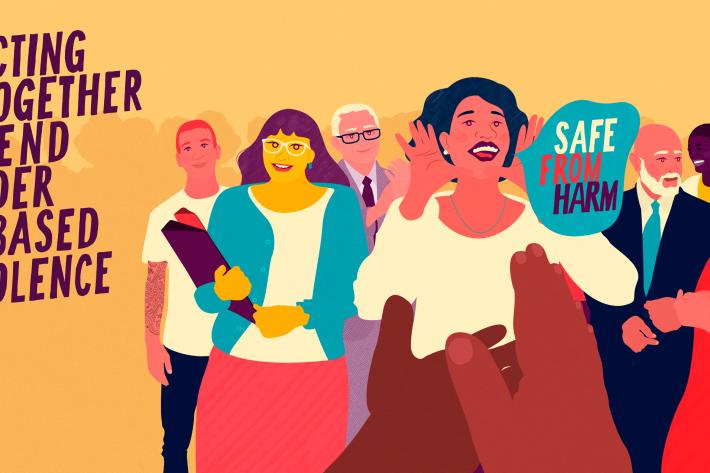
Anything less than yes is rape: the campaign for a consent-based rape law in Sweden
The absence of a ‘no’ is not an implicit yes. This is the overarching principle of a long-fought Swedish ‘consent law’ aimed at disman
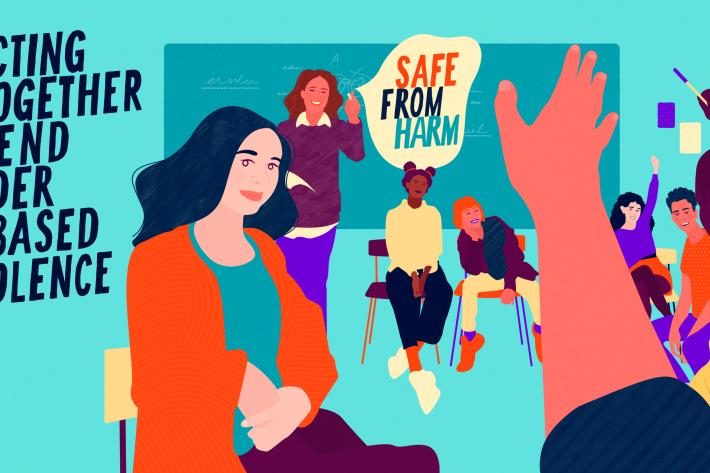
Belgium’s consent law is clear: Absence of no doesn’t mean yes
‘Rape isn’t always something that happens when you are dragged into an alleyway’, says Heleen Heysse, Policy Officer at
Filter our stories by:


| 17 January 2022
My friends think I’m crazy, because I only have one child. But I know I can decide when to have another. Vaska's Story
“I got married quite early, when I was 17. A year and a half later I got pregnant and had a baby girl. Now she is 18 months old. My husband started a job in the city in a company which is popular among Roma people, and I stayed home to look after our child. Last year I met Valya, the health mediator. She told me they organize meetings, and she invited me to take part in a women’s group. Initially I didn’t know what we would do, but it was interesting as there were other women like me. During these meetings we spoke very often about contraception in general, and especially about IUDs. The women shared what they had heard and what they knew about them. It was strange, but most of them said that IUDs harm women’s health. I also understood that the men are worried about their wives’ health and that that’s why they don’t approve of contraception. I heard women say other things as well, like you can still get pregnant with an IUD, that you may gain weight, that IUDs move in the body, and so on and so forth. One day, during a meeting, we spoke again about contraception, and more precisely, what we thought was a good family size. People had different views. I personally think that it is not so much about the number of children as it is about being able to make sure you have everything you need - clothes, food, the possibility to educate them. Everyone should take these issues into consideration before having children. I thought more often about myself and my family. We didn’t have high incomes and we could barely afford our bills. Our daughter was a baby and it was challenge to provide for her. My husband and I started to talk about it, and I started to think about getting an IUD. That’s why six months ago I decided to have one fitted, and I feel fine. It isn’t painful and I haven’t gained weight. My friends think I’m crazy, because I only have one child. But I know that I’ll be able to decide when to have another one.” When vulnerable communities, volunteers and professionals unite for reproductive freedom, they are a powerful force for change. Watch Vaska’s story and others in our short film about the amazing work our members in Bulgaria, Romania and Serbia are doing to support the lifelong reproductive health and safety of Roma girls, women and young people.

| 20 September 2021
My friends think I’m crazy, because I only have one child. But I know I can decide when to have another. Vaska's Story
“I got married quite early, when I was 17. A year and a half later I got pregnant and had a baby girl. Now she is 18 months old. My husband started a job in the city in a company which is popular among Roma people, and I stayed home to look after our child. Last year I met Valya, the health mediator. She told me they organize meetings, and she invited me to take part in a women’s group. Initially I didn’t know what we would do, but it was interesting as there were other women like me. During these meetings we spoke very often about contraception in general, and especially about IUDs. The women shared what they had heard and what they knew about them. It was strange, but most of them said that IUDs harm women’s health. I also understood that the men are worried about their wives’ health and that that’s why they don’t approve of contraception. I heard women say other things as well, like you can still get pregnant with an IUD, that you may gain weight, that IUDs move in the body, and so on and so forth. One day, during a meeting, we spoke again about contraception, and more precisely, what we thought was a good family size. People had different views. I personally think that it is not so much about the number of children as it is about being able to make sure you have everything you need - clothes, food, the possibility to educate them. Everyone should take these issues into consideration before having children. I thought more often about myself and my family. We didn’t have high incomes and we could barely afford our bills. Our daughter was a baby and it was challenge to provide for her. My husband and I started to talk about it, and I started to think about getting an IUD. That’s why six months ago I decided to have one fitted, and I feel fine. It isn’t painful and I haven’t gained weight. My friends think I’m crazy, because I only have one child. But I know that I’ll be able to decide when to have another one.” When vulnerable communities, volunteers and professionals unite for reproductive freedom, they are a powerful force for change. Watch Vaska’s story and others in our short film about the amazing work our members in Bulgaria, Romania and Serbia are doing to support the lifelong reproductive health and safety of Roma girls, women and young people.

| 17 January 2022
My friends think I’m crazy, because I only have one child. But I know I can decide when to have another. Vaska's Story
“I got married quite early, when I was 17. A year and a half later I got pregnant and had a baby girl. Now she is 18 months old. My husband started a job in the city in a company which is popular among Roma people, and I stayed home to look after our child. Last year I met Valya, the health mediator. She told me they organize meetings, and she invited me to take part in a women’s group. Initially I didn’t know what we would do, but it was interesting as there were other women like me. During these meetings we spoke very often about contraception in general, and especially about IUDs. The women shared what they had heard and what they knew about them. It was strange, but most of them said that IUDs harm women’s health. I also understood that the men are worried about their wives’ health and that that’s why they don’t approve of contraception. I heard women say other things as well, like you can still get pregnant with an IUD, that you may gain weight, that IUDs move in the body, and so on and so forth. One day, during a meeting, we spoke again about contraception, and more precisely, what we thought was a good family size. People had different views. I personally think that it is not so much about the number of children as it is about being able to make sure you have everything you need - clothes, food, the possibility to educate them. Everyone should take these issues into consideration before having children. I thought more often about myself and my family. We didn’t have high incomes and we could barely afford our bills. Our daughter was a baby and it was challenge to provide for her. My husband and I started to talk about it, and I started to think about getting an IUD. That’s why six months ago I decided to have one fitted, and I feel fine. It isn’t painful and I haven’t gained weight. My friends think I’m crazy, because I only have one child. But I know that I’ll be able to decide when to have another one.” When vulnerable communities, volunteers and professionals unite for reproductive freedom, they are a powerful force for change. Watch Vaska’s story and others in our short film about the amazing work our members in Bulgaria, Romania and Serbia are doing to support the lifelong reproductive health and safety of Roma girls, women and young people.

| 20 September 2021
My friends think I’m crazy, because I only have one child. But I know I can decide when to have another. Vaska's Story
“I got married quite early, when I was 17. A year and a half later I got pregnant and had a baby girl. Now she is 18 months old. My husband started a job in the city in a company which is popular among Roma people, and I stayed home to look after our child. Last year I met Valya, the health mediator. She told me they organize meetings, and she invited me to take part in a women’s group. Initially I didn’t know what we would do, but it was interesting as there were other women like me. During these meetings we spoke very often about contraception in general, and especially about IUDs. The women shared what they had heard and what they knew about them. It was strange, but most of them said that IUDs harm women’s health. I also understood that the men are worried about their wives’ health and that that’s why they don’t approve of contraception. I heard women say other things as well, like you can still get pregnant with an IUD, that you may gain weight, that IUDs move in the body, and so on and so forth. One day, during a meeting, we spoke again about contraception, and more precisely, what we thought was a good family size. People had different views. I personally think that it is not so much about the number of children as it is about being able to make sure you have everything you need - clothes, food, the possibility to educate them. Everyone should take these issues into consideration before having children. I thought more often about myself and my family. We didn’t have high incomes and we could barely afford our bills. Our daughter was a baby and it was challenge to provide for her. My husband and I started to talk about it, and I started to think about getting an IUD. That’s why six months ago I decided to have one fitted, and I feel fine. It isn’t painful and I haven’t gained weight. My friends think I’m crazy, because I only have one child. But I know that I’ll be able to decide when to have another one.” When vulnerable communities, volunteers and professionals unite for reproductive freedom, they are a powerful force for change. Watch Vaska’s story and others in our short film about the amazing work our members in Bulgaria, Romania and Serbia are doing to support the lifelong reproductive health and safety of Roma girls, women and young people.









